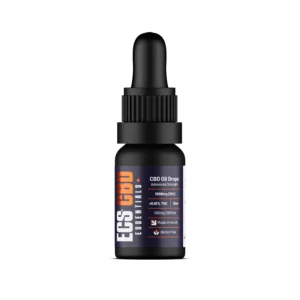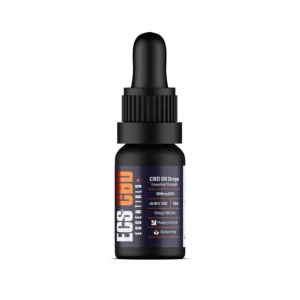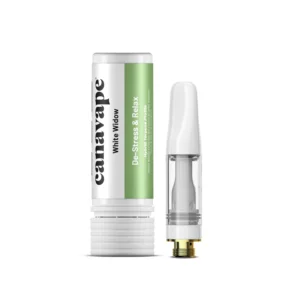CBD has been gaining popularity for its potential health benefits, with one of the most common uses being to improve sleep quality. Many people in the UK are turning to CBD as a natural remedy for sleep issues, such as insomnia and sleep disturbances. But does CBD really help with sleep?
Research on CBD and its effects on sleep is still in its early stages, but there is growing evidence to suggest that it may have a positive impact on sleep quality. One of the key ways in which CBD is thought to improve sleep is by reducing anxiety and stress. Anxiety and stress are common culprits of sleep problems, and CBD has been shown to have calming and anti-anxiety effects, which may help promote relaxation and improve sleep.
Additionally, CBD is believed to interact with the body’s endocannabinoid system, which plays a role in regulating various physiological processes, including sleep. By interacting with cannabinoid receptors in the brain and body, CBD may help regulate sleep-wake cycles and promote a more balanced sleep pattern.
Some studies have also suggested that CBD may have sedative effects, which could further contribute to its potential as a sleep aid. However, more research is needed to fully understand the mechanisms through which CBD influences sleep and to determine the most effective dosages and formulations for improving sleep quality.
When considering using CBD for sleep, it’s important to choose high-quality products from reputable sources. CBD products are not regulated in the same way as pharmaceuticals, so it’s essential to do your research and ensure you are purchasing from a trusted supplier. Look for products that have been tested by third-party laboratories to verify their potency and purity.
It’s also worth noting that CBD may not work the same way for everyone when it comes to sleep. Factors such as individual biochemistry, the underlying cause of sleep issues, and the dosage and form of CBD used can all influence its effectiveness. Some people may find that CBD helps them fall asleep more easily, while others may experience no noticeable effects on their sleep.
If you’re considering using CBD for sleep, it’s a good idea to start with a low dose and gradually increase it as needed. Keeping a sleep journal can also be helpful in tracking your progress and determining the optimal dosage and timing for your individual needs.
In conclusion, while more research is needed to fully understand the effects of CBD on sleep, there is promising evidence to suggest that it may have potential as a natural sleep aid. Many people in the UK have reported improvements in their sleep quality after using CBD, and anecdotal evidence supports its calming and relaxing effects.
If you are struggling with sleep issues and are considering trying CBD, it’s essential to consult with a healthcare professional to discuss your options and ensure that CBD is safe for you to use. CBD is generally well-tolerated, but it can interact with certain medications and may not be suitable for everyone. With the right approach and guidance, CBD may offer a natural and effective way to improve your sleep and overall well-being.











